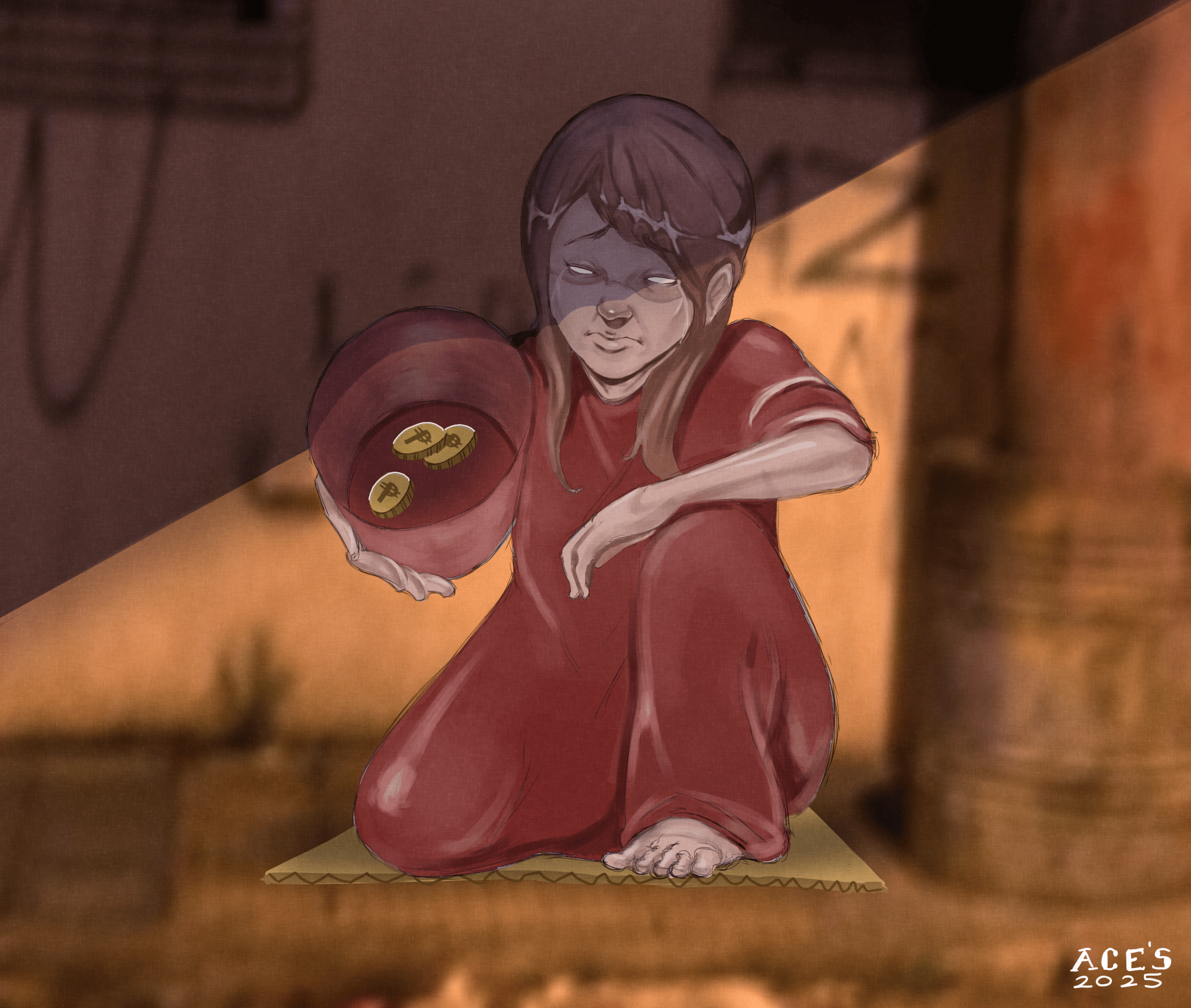Soon, with my diploma in hand, I will pack my bags in silence and follow those who walked ahead of me. Not because I am ungrateful, but because I have learned that gratitude alone cannot pay rent, cannot heal the exhaustion that settles in the bones after twelve-hour shifts with no hazard pay, no working equipment, no assurance that tomorrow will be better.
Filipino nurses do not leave because they do not love the Philippines. They leave because they do.
They leave because they have families who rely on them. Because the promise of a better life, whispered through remittances and Skype calls, is the only inheritance they can offer their children. Because in the sterile corridors of foreign hospitals, they are seen not as expendable, but essential.
And yet, every departure is a quiet rebellion against a system that romanticizes sacrifice while refusing to reform. Politicians urge them to stay, invoking patriotism like a balm, as if love of country should override the need for fair wages, safe working conditions, and respect. But patriotism without justice is just another form of gaslighting.
They are not traitors. They are tired.
They are tired of being called heroes while being paid like martyrs. Tired of being celebrated in speeches and neglected in budgets. Tired of being told that their leaving is a loss, when their staying has long been treated as invisible labor, and tired of being asked to choose between love and survival, as if the two must always be at odds.
So they go—not because they have stopped caring, but because they care too much to keep waiting.
And in their leaving, they carry the Philippines with them: in the way they speak to patients with warmth, in the way they endure, in the way they remember. They carry the ache of home, and the hope that one day, it will be brave enough to confront its wounds. Leaving is not an abandonment. It is a kind of love that refuses to rot in neglect.
If the country truly wants them to stay, it must do more than plead.





